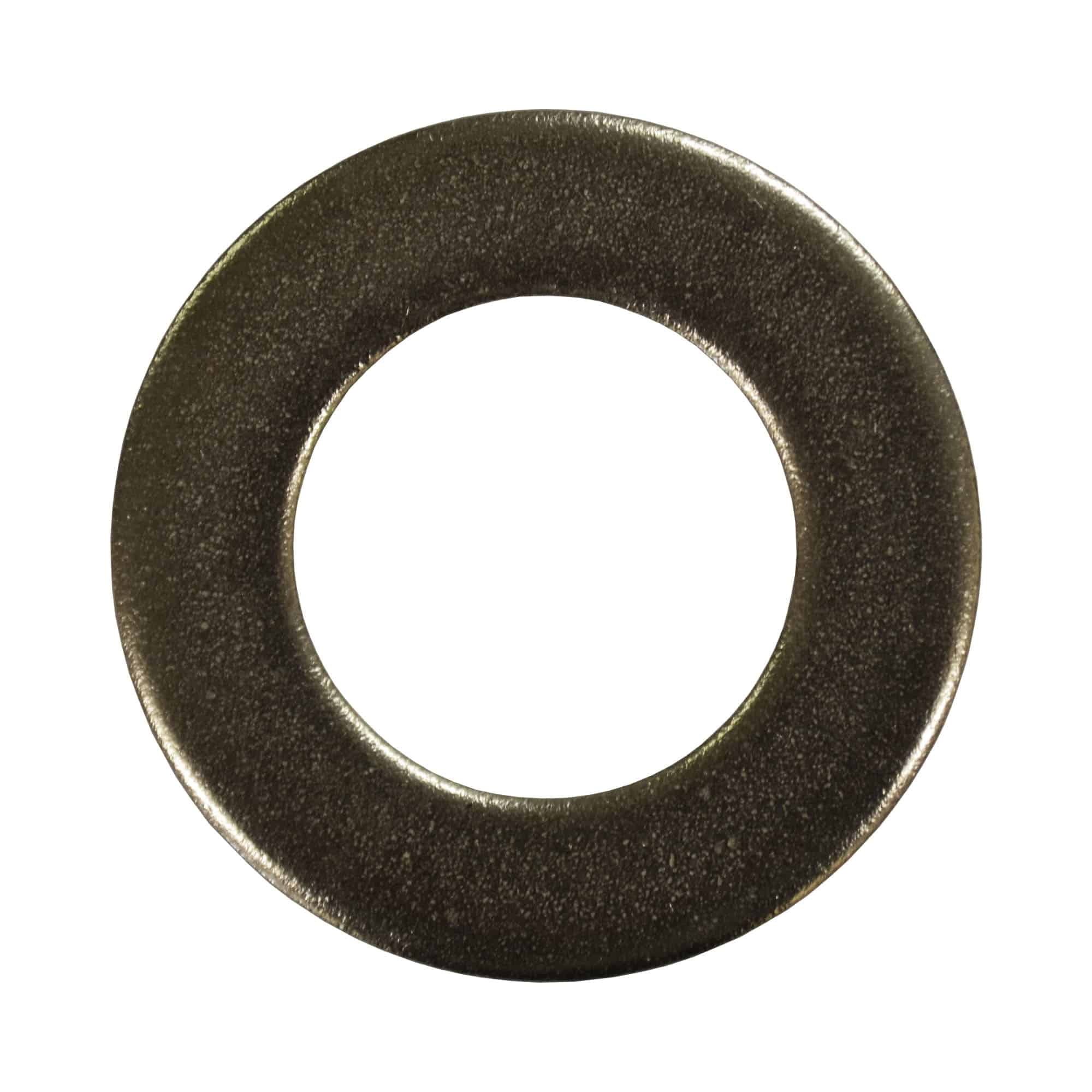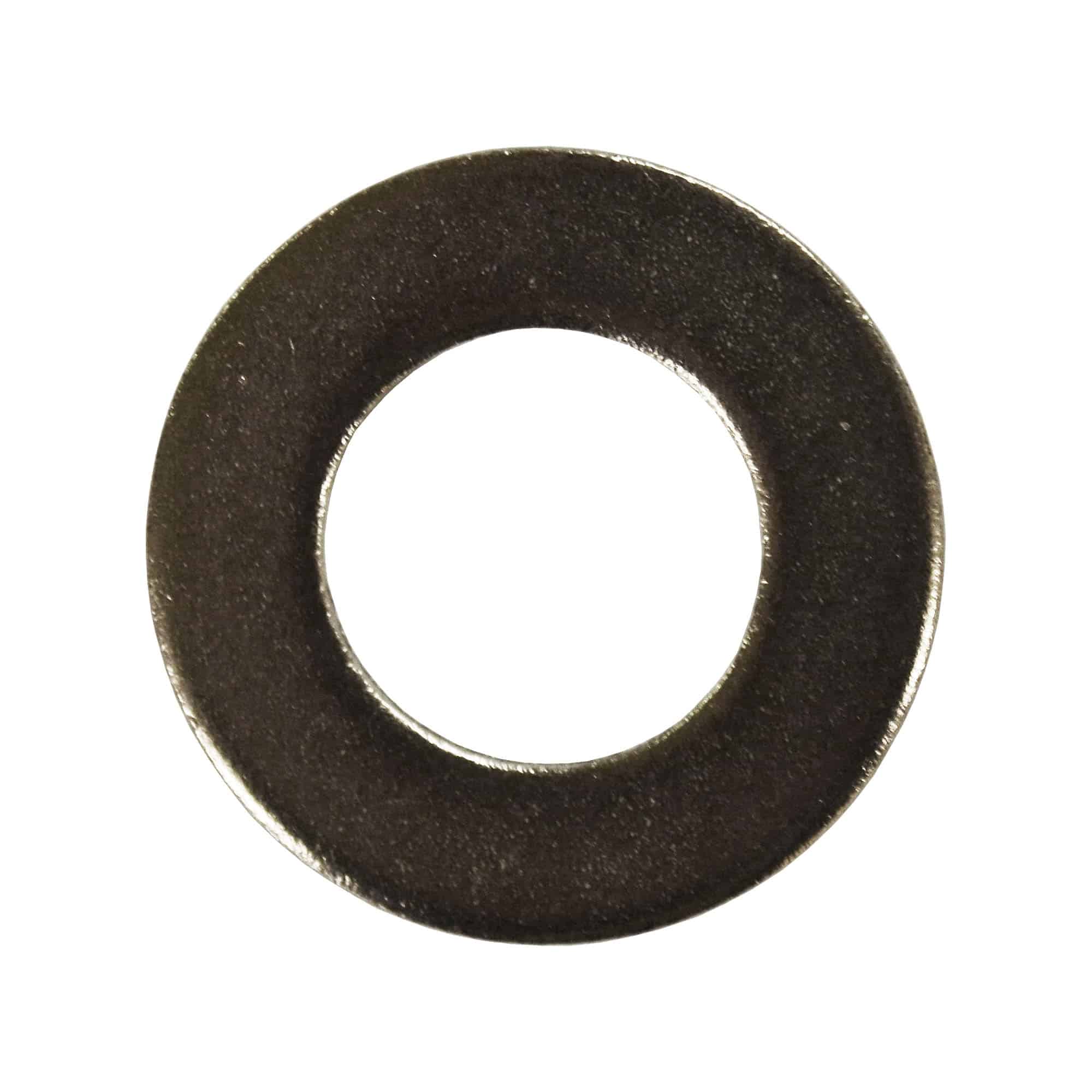- Massive Range
- FREE UK Delivery
- Rapid Dispatch
- Massive Range
- FREE UK Delivery
- Rapid Dispatch
- Massive Range
- FREE UK Delivery
- Rapid Dispatch
£0.99 – £1.79 inc VAT

Secure payments taken with:

This website is secured:
£ MULTIBUY SAVINGS – Order 3 For 10% Off
✔ Specialists In Rapid Shipments Of Any Size
✔ FREE UK Delivery Included
✔ Immediate Express Dispatch From Stock
✔ Tracked Delivery with Order Updates
✔ 30-Day Returns Accepted
@ ☏ Larger Pack Quantities Available
If you’re in need of reliable and versatile stainless steel flat washers, look no further than Speciality Metals’ M4 (4.3mm) A2 Grade Form A washers. Made with 304 grade stainless steel, these washers offer impressive hygiene properties, making them an ideal choice for a variety of industries. Plus, their durability ensures they’ll last for a long time, saving you the expense of frequent replacements. With low maintenance requirements and corrosion resistance, you can rest assured that your equipment will stay secure and functioning properly with these washers.

Top quality form A stainless steel flat washers supplied straight from Warrington, UK. These washers are for metric bolts and screws.
The M4 (4.3mm) A2 Grade Form A Stainless Steel Flat Washers offered by Specialty Metals are made from 304 Grade stainless steel. These flat washers are not only durable and versatile, but also have excellent hygiene properties, making them ideal for a variety of applications. These washers are a reliable choice for long-term use because of their low maintenance and corrosion resistance. Moreover, they are designed to provide a secure fit, allowing them to remain in place even under heavy loads. Due to these qualities, stainless steel flat washers are a great choice for a variety of applications, from industrial to household.
Form A stainless steel flat washers are most used around the world.
Key product details:
Speciality Metals are the best suppliers for you because:
Speciality Metals is a trusted UK based distributor of fasteners, sheet metal, flat bar and round tube. We specialise in rapid delivery to any location around the country. Our team of experienced, friendly staff are at hand at all times to process your order.
The yield strength of stainless steel 304 Form A washers generally hovers around 205 Megapascals (MPa) or approximately 30,000 pounds per square inch (psi). It’s essential to note that these are typical values and can vary depending on the manufacturer, heat treatments and other factors. Yield strength is the stress level at which a material starts to deform plastically during loading, and it’s a crucial parameter to consider in many mechanical and structural applications. If you have specific requirements for yield strength, it’s recommended to consult the manufacturer for test data or even consider having independent tests conducted. In safety-critical applications, it’s always best to obtain precise material specifications to ensure that the washers will perform adequately under the expected load conditions.
Stainless steel 304 washers offer some level of resistance to both acidic and alkaline solutions, but their performance can be highly dependent on several factors including the type of acid or base, its concentration and the operating temperature. Generally speaking, 304 stainless steel has good resistance to weak acids and bases at room temperatures. However, it is not recommended for use with strong acids like hydrochloric or sulfuric acid, or strong bases, as these can cause significant corrosion.
The chromium present in the stainless steel forms a passive oxide layer that provides the primary corrosion resistance. This layer can be compromised in highly acidic or alkaline environments, leading to accelerated corrosion rates. In applications where washers will be exposed to such conditions, a higher-grade material like 316 stainless steel, which includes molybdenum for enhanced corrosion resistance, may be more appropriate.
For critical applications involving exposure to acids or bases, it’s highly advisable to consult material compatibility charts, engage with material scientists or corrosion engineers, and even consider conducting your own corrosion tests under simulated service conditions to ensure the material will hold up as expected.
Stainless steel 304 flat washers are generally considered safe for use in potable water systems, and they are often used in plumbing and water-supply applications for this reason. One of the key advantages of 304 stainless steel is its excellent resistance to corrosion in a wide range of environments, including water. The chromium content in the stainless steel forms a passive oxide layer on the surface that protects the material from corrosion, making it a suitable choice for potable water systems.
However, local water chemistry, such as high levels of chlorine or saline, can have an impact on the corrosion resistance of the stainless steel. In more corrosive environments, a higher-grade material like 316 stainless steel may be recommended.
It’s also crucial to ensure that the washers meet the appropriate health and safety standards for potable water. If you have specific requirements, make sure to consult the manufacturer for any certifications or compliance with standards related to potable water use.
Hand-Tightening: Initially, the washer and fastener should be hand-tightened to ensure they are seated properly.
Torque Wrench: Using a torque wrench is the most accurate method of tightening, especially for critical applications. The specific torque value should be determined based on the bolt size, material, and the load requirements of the application.
Turn-of-Nut Method: This involves tightening the nut by hand until it’s snug against the washer and then using a wrench to turn it a specific additional amount (e.g., a half-turn or quarter-turn), which should be determined based on the application and materials involved.
Calibrated Wrench Method: In this method, a regular wrench is calibrated to slip at a predetermined torque level, providing a rudimentary but effective way to control torque if a torque wrench is not available.
Tightening Sequence: In applications with multiple bolts, such as flange connections, it’s important to tighten the bolts in a specific sequence, usually in a crisscross pattern, to ensure even distribution of the load.
Re-tightening: In some applications, especially those involving gaskets or other compressible materials, it may be necessary to re-tighten the fasteners after a period of time or after the system has gone through a heat cycle.
Use of Lubricants: Sometimes, anti-seize or lubricants are used on the threads to reduce friction and achieve more accurate torque readings. The use of lubricants will generally require a reduction in the specified torque value, so consult the manufacturer’s guidelines or an engineer for specific recommendations.
Follow Manufacturer’s Guidelines: Always refer to the manufacturer’s recommendations or consult an engineer for specific torque specifications and tightening methods, especially for critical or high-load applications.
Check out our blogs discussing Stainless Steel Form A Washers. It will prove a useful read to help you to make an informed decision on which material would work best for you.
We are also very proud of our ever expanding YouTube channel.
Our goal for our blogs, videos and help guides is to answer as many questions as possible to help to explain the possibilities of mesh to our customers. Contact us today if you have any questions at all. We are always really keen to help in any way that we can.
We are also very proud of our highly popular eBay store, check us out there too.
Thank you for checking out our product.
£2.55 – £11.95 inc VAT
£1.49 – £6.95 inc VAT

£2.55 – £11.95 inc VAT

£1.49 – £6.95 inc VAT
Speciality Metals
Unit 1, Farrell Street, Warrington,
Cheshire, WA1 2WW, United Kingdom
Quick Links
Payment Options
